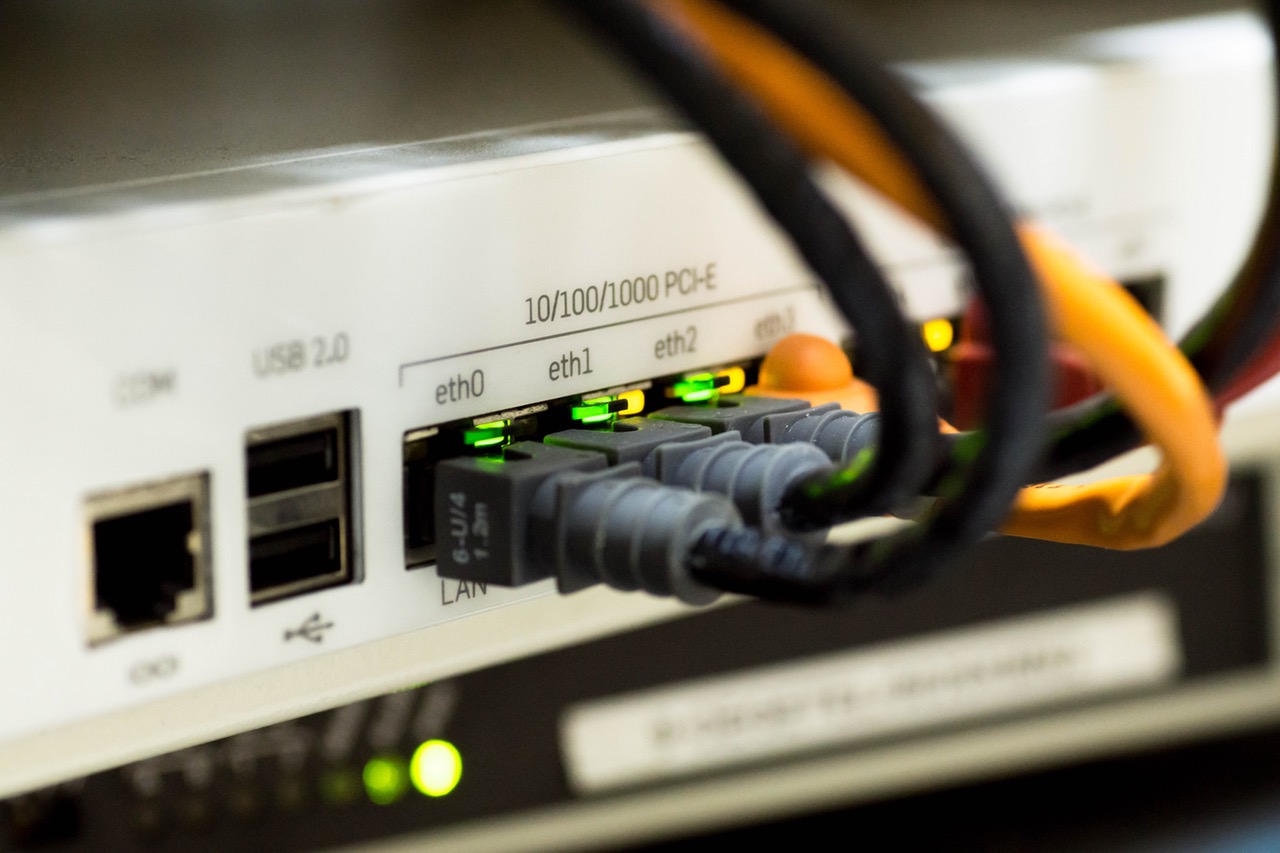SSL Enabled with CloudFlare

My site is now secured with CloudFlare’s SSL and DNSSEC.
It’s really easy to setup using CloudFlare. One of the things to note when you have a blog — ensure that there are necessary security measures in place, for example, SSL. Of course, there are other variables to consider such as, hosting, infrastructure, network bandwidth, etc.
Is SSL really necessary?
Are you selling a product?
If you are, then probably you might want to have SSL. For e-Commerce, or online payments, it is imperative that you need SSL in place to encrypt all communication between the servers. This will encrypt your customers sensitive information such as credit cards, personal information, etc.
Are you running a blog?
Well, I wouldn’t say no as an answer. With SSL in place, you can defend your blog against man-in-the-middle snooping or attempts to steal your personal information while surfing publicly. It is always a good security practice to ensure that the necessary security measures are taken into account than to implement them only when you are under attack.
Security 101
I’ve been running on CloudFlare for about 2 years now. On a monthly basis, I’ve received as many as thousands of illegitimate requests from all over the world trying to crawl, spam, attack my site which happens at total random. Previously, while on Wordpress, it was slightly more significant. I’ve moved my entire blog to static website on Github, which has SSL by default that is secured by Github. To ensure that the connections coming in from CloudFlare is also encrypted using SSL, here is an illustration provided by CloudFlare on end-to-end SSL.
If you have a blog, personal website or small business — SSL is recommended. HTTPS will give your site a ranking boost, improve user’s trust and secure your website from hackers. Besides mentioning about the security benefit, SSL are also used for SEO purposes. According to Google’s past algorithm update, SSL Certificate is now part of Google’s search ranking algorithm.
Cheers!